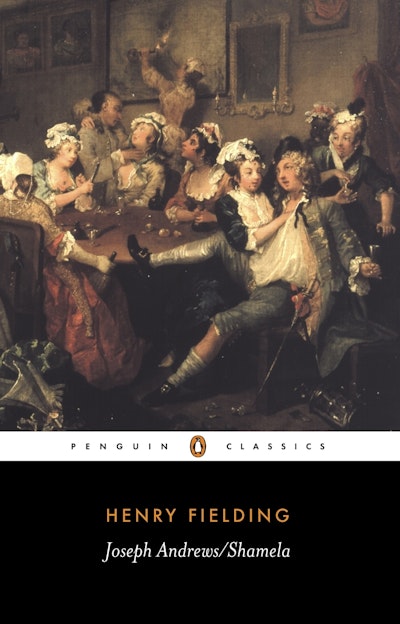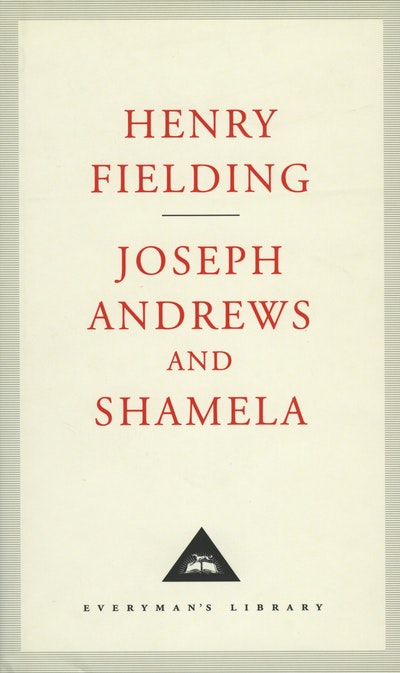With an essay by Mark Spilka.
'Kissing, Joseph, is but a prologue to a Play. Can I believe a young fellow of your Age and Complexion will be content with Kissing?'
Henry Fielding's riotous tale of innocents in a corrupt world was one of the earliest English novels, blending bawdy slapstick, philosophical musing and pointed social satire to create a work of moral complexity and generous, life-affirming humanity. Published in 1742, it tells the story of the chaste servant Joseph Andrews who, after being sacked for spurning the advances of the lascivious Lady Booby, takes to the road, accompanied by his beloved Fanny Goodwill and the absent-minded, much put-upon Parson Adams. There they encounter robbers, tricksters, seducers, mishaps and strange twists of fortune, in a series of adventures filled with exuberant comedy.
The Penguin English Library - 100 editions of the best fiction in English, from the eighteenth century and the very first novels to the beginning of the First World War.







